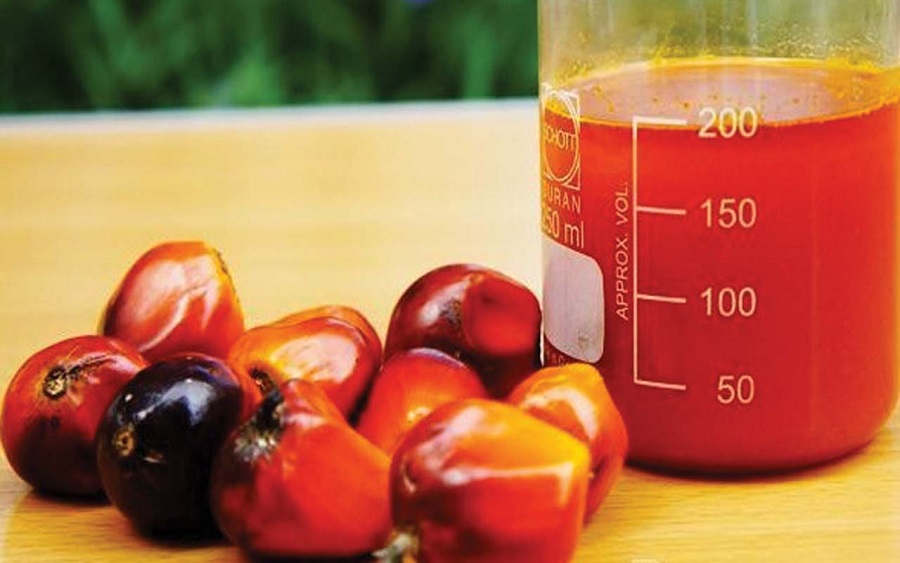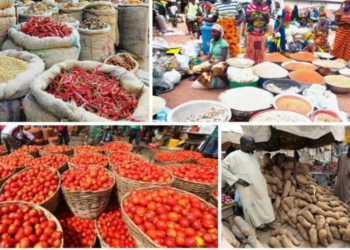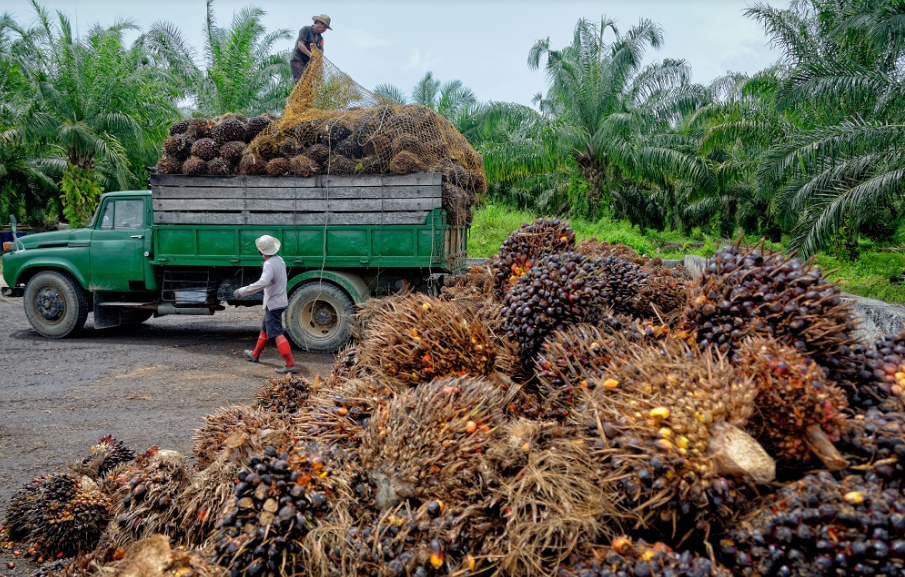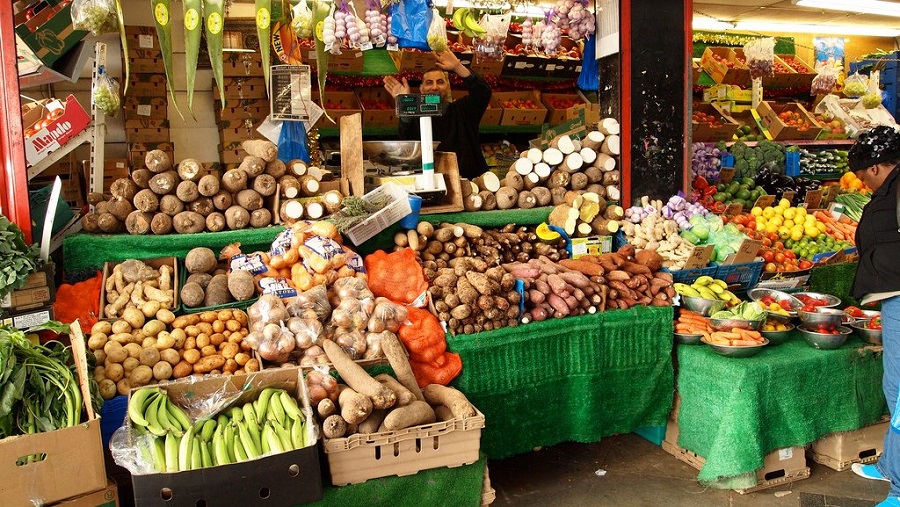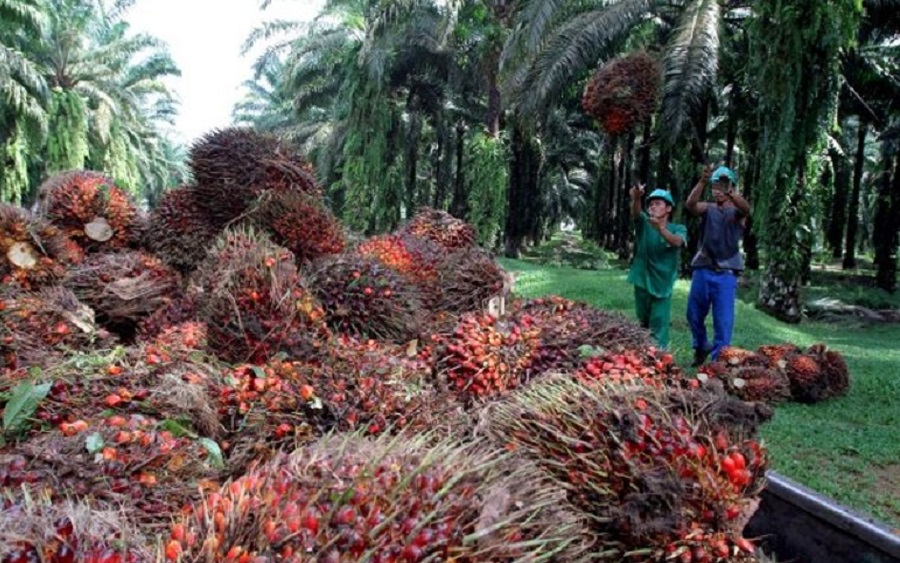Last week, we published a sector report on the Oil Palm industry in Nigeria, with a focus on Okomu and Presco, the two listed palm oil producers. Palm oil prices have reached record highs in 2022, driven primarily by the disruption in the sunflower oil market caused by the Russia-Ukraine war and export restrictions imposed by the Indonesian government.
Despite Nigeria being the fifth-largest producer of palm oil in the world, it remains a net importer of vegetable fat. Given that palm oil is widely used in cooking and manufacturing consumer food products in Nigeria, high prices have stoked consumer inflation and pushed the government to encourage local producers to meet the supply gap.
While most of the palm oil is sourced from small farmers supplying to the local market, large producers, such as Presco and Okomu, are well placed to benefit from government support, strong international demand, and high prices.
Available literature suggests that Nigeria accounted for more than 40% of the world’s palm oil production until the late 1950s and about 30% in the early 1960s. Since then, oil palm cultivation has expanded from West Africa to other humid tropical regions along the equator in Asia, Africa, and Latin America. In 2021, Nigeria was the world’s fifth-largest producer of palm oil but accounted for only 1.8% of total production (based on USDA data).
Domestically, the discovery of crude oil shifted the focus from palm oil production and exports. Palm oil cultivation in Nigeria is carried out on over 3.0 million ha of land and is dominated by small-scale farmers (roughly 80% share). Presco and Okomu are among the largest Nigerian palm oil producers in the organized private sector, though they make up only a small share (<2%) of the total area under oil palm cultivation in Nigeria.
Opportunities abound in the Nigerian palm oil market supported by the growing population, making it important for the government to implement sustainable practices such as avoiding deforestation for oil palm cultivation and reducing the impact of production waste on the environment. Recent global supply issues and high prices have pushed Nigeria to focus on reducing its palm oil imports and growing local production. To support the local palm oil industry, the Nigerian government has incentivized the cultivation and production of palm oil through tariffs and low-cost loans to farmers.
We derived the fair value of Okomu and Presco using a blend of relative valuation and discounted cash flow valuation. In our relative valuation model, we adopted the average consensus one-year forward 2023E EV/EBITDA valuation multiples of Okomu Oil Palm Company and Presco and selected listed plantation companies in Malaysia and Indonesia – the world’s two largest oil-palm-producing economies.
Based on one-year forward EV/EBITDA valuation, our sample of Nigerian palm oil companies (trading at an average forward EV/EBITDA of 6.3x) were trading at a discount to their Malaysian of 9.6x and at a premium to their Indonesian peers of 4.7x. Weighting the price target from the DCF and RV methodologies, respectively, in a 50:50 ratio provides an average fair target value of N232/s and N219/s for Okomu and Presco, respectively.
CSL Stockbrokers Limited, Lagos (CSLS) is a wholly owned subsidiary of FCMB Group Plc and is regulated by the Securities and Exchange Commission, Nigeria. CSLS is a member of the Nigerian Stock Exchange.

